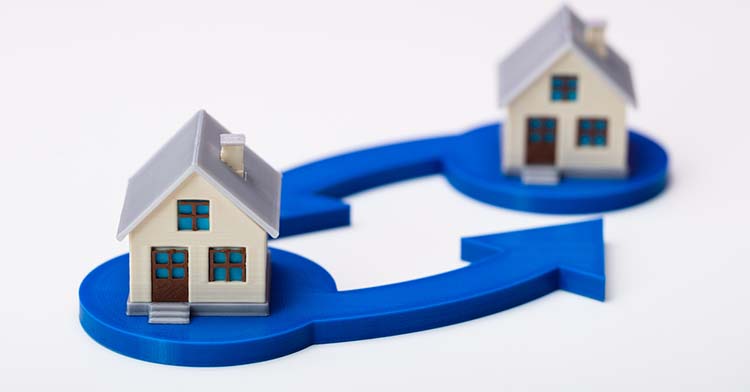Page 29 281 - 290 of 425
1031 Exchange Fees to Consider

When doing a 1031 exchange, the tax benefits can be substantial, but there are fees and costs to consider.
Can You Still Do a 1031 Exchange After a Sale?

Successful execution of a 1031 exchange requires planning. The purpose of the exchange is to defer the obligation to pay capital gains taxes on the sale of a real estate investment. The deferral process requires that the proceeds from the sale of the asset be exchanged into a like-kind property of equal or higher value.
What Is a Clawback in a 1031 Exchange?

The 26 U.S. Internal Revenue Code § 1031 is a handy tool if you own real estate used for trade or investment purposes and want to sell it without immediately triggering taxes on the capital gain on that sale. However, as we’ve mentioned in a previous blog, the like-kind exchange functions on a federal level. You can do a state-to-state 1031 exchange, which involves swapping your relinquished property in one state for a replacement property in another.
What Are the 1031 Exchange Rules in Texas?

We’ve provided—and will continue to provide—a great deal of information about the 1031 exchange process. Much of the information in our blogs is based on the Internal Revenue Code, which involves federal legislation. But many states have their own regulations when it comes to successfully completing 1031 exchanges to help defer capital gains taxes.
Can a 1031 Exchange Be Used for Farmland?

As has been pointed out time and time again, the 1031 Exchange is in place to help investors defer taxes on capital gains by allowing them to swap one type of real estate held for trade or investment for another (with assistance from a Qualified Intermediary). And most like-kind exchange discussions tend to center around commercial real estate, or residential property used to generate rental income.
What Are the 1031 Exchange Rules in California?

If you need information about 26 U.S. Code § 1031, also known as “Exchange of Real Property Held for Productive Use or Investment,” also known as the 1031 exchange or like-kind exchange, you can learn a great deal from blogs on our website. This is our mission—we help clients manage investment property wealth through the use of this exchange.
What is a Replacement Property?

Insightful real estate investors use tax-deferred exchanges to help build wealth through the deferral of capital gains taxes. To take advantage of this tax law, investors must use the proceeds of property sales to purchase a replacement property.
What Are the Rules for Doing a 1031 Exchange on a Rental Property?

Capital gains taxes can eat into the profits a real estate investor makes when he or she decides to sell the property. However, it's possible to avoid paying taxes on your capital gains if you implement the right strategy while investing in real estate. One of these tactics is a 1031 Exchange, which allows real estate investors to exchange one investment property for another.
What Is a 1031 Exchange Buyer?
.jpg?width=750&height=392&name=exchange-881542122%20(2).jpg)
Investing in real estate can be a boon to your investment portfolio, but we believe one should perform extensive analysis on any potential investments. If you're looking to purchase an investment property, there are many strategies you can use to complete this purchase, one of which is a 1031 Exchange. Here is some information on 1031 Exchange buyers and how to become one.
What You Need to Know About Combining a 1031 Exchange and a Section 121 Exclusion

Real estate investors who want to sell highly appreciated residential investment assets can use 1031 exchanges to defer capital gains taxes. But there’s another important tax-advantaged tool at your disposal that may be combined with a 1031 exchange to provide additional tax benefits.
Page 29 281 - 290 of 425


